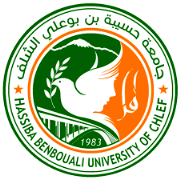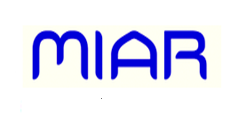Plagiarism Policy
The editorial board is very strict regarding plagiarism. Journal of Languages &Translation believes that taking the ideas and work of others without giving them credit is unfair and dishonest. Copying even one sentence from someone else manuscript, or even one of your own that has previously been published, without proper citation is considered plagiarism.
The editorial board retains the absolute authority to reject the review process of a submitted manuscript if it is subject to minor or major plagiarism and even may cancel the publication upon the complaint of victim(s) of plagiarism.
If the Editors or Reviewers detect plagiarism or text borrowing at any stage before the publication of the manuscript, the Author (s) shall be warned of the need to ascertain whether the detected case of plagiarism is actually the Author’s borrowing, or, on the contrary, the said borrowing actually belongs to the Author as intellectual property but has been borrowed by another person and published,
When dealing with cases of a possible misconduct, the Journal of Languages & Translation follows the ethics principles developed by the Committee on Publication Ethics (COPE)
Journal of Languages & Translation makes use of Detectia – an electronic similarity detection software tool that is used by ASJP ( Algerian Scientific Journals Platform) to support editorial team in detecting potential plagiarism.
https://detectia.abysoft.net/dashboard
Manuscripts where plagiarism has been detected are assessed according to the percentage of similarities, which is calculated by software: if the share of borrowings ranges from 20% to 30%, the manuscript is returned to the Authors immediately for revision. The Authors are recommended to review cases of text borrowings and plagiarism, and resubmit the new version of the manuscript. If the share of borrowings is over 30%, the manuscript shall be rejected outright (without editorial review).
Self-plagiarism : (Plagiarizing your own work). The editorial board does not support the Authors in excessive use of quotations and fragments from their own papers.
Plagiarism after publication:If plagiarism is detected after publication, The paper containing the plagiarism will be formally retracted.












